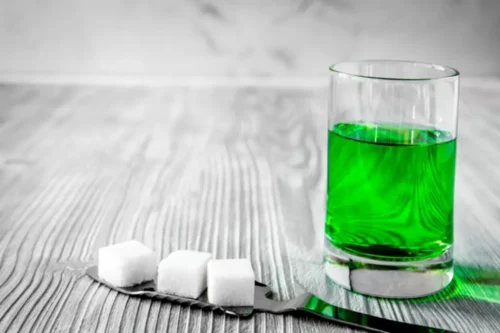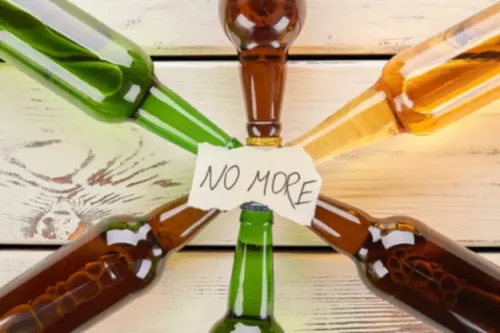
This criteria is mostly likely to be present if you have moderate or severe alcohol use disorder. While it’s true that the 12 Steps were originally based on the principles of a spiritual organization, the world isn’t the same as it was in 1935 when AA and the 12 Step program were founded. The word “God” was eventually replaced with “Higher Power” to be more accessible to everyone, regardless of faith traditions or beliefs. What you believe to be a Higher Power is a very personal thing. The main criterion for a successful First Step is a person’s acceptance that they do, indeed, have the disease of addiction. A person shouldn’t consider themselves weak-willed or incapable when they admit to their powerlessness, and they don’t have to do anything about their addiction yet.
More About Who Wrote the 12 Principles of AA

Both Wilson and Smith found that The Oxford Group’s treatment of sin as a “disease” resonated in discussions of their struggles with alcohol. The 12 Principles of AA drew heavily from these spiritual elements. By taking this step, you acknowledge that your alcohol use has come to a point where you cannot control it.
Why Is Admitting Powerlessness the 1st Step in AA?

The concept of powerlessness can seem quite foreign, especially to those from countries like America whose culture idolizes independence and raising one’s self by their bootstraps. But powerlessness powerless over alcohol is not the same thing as weakness; it isn’t something to be feared or despised. It also is not a lack of agency that implies we are helpless when it comes to choosing between right and wrong.
The Power in the First Step: Accepting Powerlessness
- Humans naturally gather together, which is why group therapy remains a powerful therapeutic tool for alcohol addiction.
- God or a higher power is mentioned several times throughout the 12 steps.
- You accept that your life, either internally, externally or both, has been impacted by maintaining the use of a substance and this addiction has negatively influenced your thoughts and actions.
The Steps are meant to be addressed in sequential order, but there’s no one “right” way to approach them. Sometimes people need a break between Steps, sometimes people need to spend longer on one Step than another, some people never stop working the 12 Steps because they become part of life. If you can acknowledge and accept those two things—that you have an addiction and it’s causing problems—then you have completed the First Step of Alcoholics Anonymous, and you have officially begun your recovery. This cycle of lies and keeping secrets can go on for years, and that in itself can create an atmosphere that actually causes the situation to deteriorate faster. That is why many people consider it to be a family disease.
- Hanley Center is a well-known care provider offering a range of treatment programs targeting the recovery from substance use, mental health issues, and beyond.
- It’s not only damaging to your confidence, it can be humiliating.
- Accepting this reality is what will equip you to seek treatment rather than deny that there is a problem in the first place.
- Step 1 of AA requires a great deal of strength and courage as you accept that alcohol has taken over your life.
They can step out of the process at any stage by simply acknowledging they need help, even when they don’t exactly see all the places that this help is needed. When we admit that we are powerless over alcohol or drugs, we admit that we are living with a disease that alters the chemical makeup of the brain. Someone suffering from this disease did not make a choice to go too far and lose control, and they are not inherently lacking in values or good character. Part of the lack of control supported by the disease model of addiction comes from the observed changes in brain chemistry caused by long-term alcohol misuse. Medication-assisted treatment can help balance neurochemistry, especially in early recovery.
- Many 12-Step programs are well-known groups that use the concept of powerlessness to benefit recovery.
- What happens in a group of people admitting powerlessness over addiction is a power in itself.
- The accountability and encouragement in meetings and therapy break the power of secrecy where addiction thrives.
- And when you start living a sober life, then you can gradually gain your power back as your power comes from sobriety.

So What Is the First Step Asking For?

- Until we can accept powerlessness, we will not fully seek Power.
- If you can acknowledge and accept those two things—that you have an addiction and it’s causing problems—then you have completed the First Step of Alcoholics Anonymous, and you have officially begun your recovery.
- This unmanageability often manifests in various ways, such as deteriorating relationships, declining physical and mental health and a growing sense of despair.
- Carrying the message to others by sharing experience, strength, and hope reinforces the spiritual principle of the 12 steps in the person being 12th-stepped as well as the one doing the sharing.







